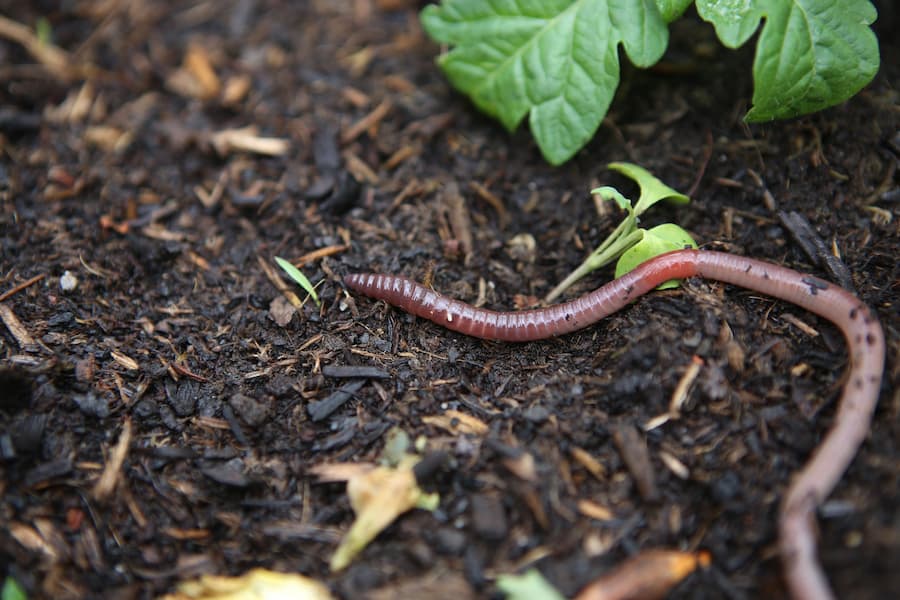This Article Includes: The Role of Earthworms in Garden Ecosystems, Nutrient-Rich Castings, Improved Soil Structure, and Pest Control
Introduction:
Earthworms, those small, segmented creatures that dwell beneath the soil’s surface, have long been a subject of debate among gardeners. While some argue that earthworms are beneficial for gardens, others question their impact. In this article, we will delve into the discussion surrounding earthworms and explore their effects on gardens, ultimately shedding light on their true value.
The Role of Earthworms in Garden Ecosystems:
Earthworms play a crucial role in maintaining healthy garden ecosystems. Their burrowing activities help to aerate the soil, improving its structure and enhancing drainage and air circulation. By creating channels within the soil, earthworms allow water and oxygen to penetrate deeper, benefiting plant roots and promoting overall plant health.
Nutrient-Rich Castings:
One of the most significant contributions of earthworms to gardens is their production of nutrient-rich castings. As earthworms consume organic matter, they break it down and excrete it in the form of castings. These castings are packed with essential nutrients, such as nitrogen, phosphorus, and potassium, which are vital for plant growth and development. When earthworms deposit their castings in the soil, they effectively enrich it, providing a natural and sustainable source of nourishment for plants.
Improved Soil Structure:
Earthworms’ constant burrowing and movement through the soil help to improve its structure. By creating tunnels and loosening the soil, earthworms enhance its ability to retain moisture and allow for better root penetration. This improved soil structure also aids in preventing soil compaction, which can hinder plant growth. The presence of earthworms in the garden ensures a healthier and more hospitable environment for plants to thrive.
Pest Control:
In addition to their soil-enhancing abilities, earthworms also contribute to pest control in gardens. Their burrowing activities disrupt the habitats of pests, such as slugs and snails, reducing their populations. Furthermore, earthworms consume organic matter, including decaying plant material, which can serve as a breeding ground for pests. By consuming this material, earthworms help to limit pest infestations and maintain a balanced garden ecosystem.
Conclusion:
The debate surrounding the impact of the beneficial role earthworms on gardens has been ongoing, but the evidence overwhelmingly supports their beneficial role of earthworms. Earthworms improve soil structure, enhance nutrient availability through their castings, and aid in pest control. Their presence in gardens promotes healthier plant growth, increased yields, and a more sustainable and balanced ecosystem. So, the next time you spot an earthworm wriggling through your garden soil, embrace it as a valuable ally in your gardening endeavors.

